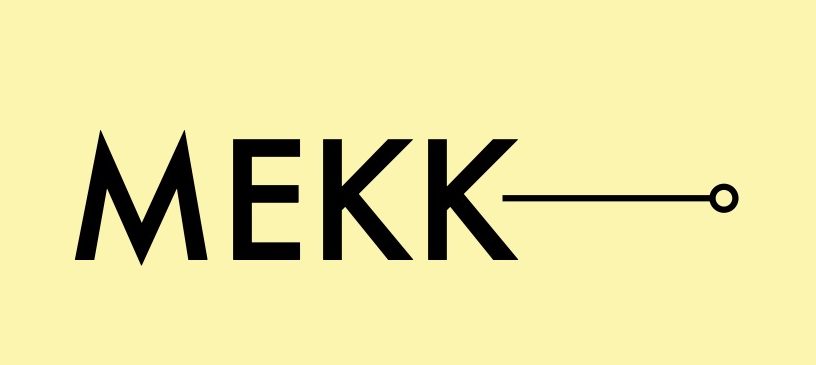The anthology Making Transparancy Possible: An Interdisciplinary Dialogue is now possible to download: https://press.nordicopenaccess.no/index.php/noasp/catalog/book/64

This book will be of interest to anyone concerned about illicit financial flows, but especially to journalists, journalism students and journalism instructors seeking an understanding of what it takes to reveal the mechanisms behind illicit, global flows of wealth.
Synopsis
Each year local and national economies throughout the world lose billions of dollars through so-called illicit financial flows. Conservative estimates indicate that over a billion dollars are diverted illegitimately out of countries in the Southern Hemisphere every year. This diversion of revenue reinforces poverty while facilitating the concentration of authority in the hands a select few through corruption and abuse of power. The authors’ objective with this book is to increase transparency in finance and global financial transactions.
Understanding the phenomenon of illicit financial flows requires input from several disciplines including law, finance and economics, and much of what is known about illicit financial flows is thanks to whistleblowers and investigative journalists. This anthology highlights journalism about illicit, global financial activity from an interdisciplinary perspective. In conveying the experiences of whistleblowers and investigative journalists who have been involved with the Panama Papers, Paradise Papers, Lux Leaks and Swiss Leaks, the contributing authors underscore the need for journalism students to also learn the basics of economics, finance and law if they are to be able to carry out investigative projects in an increasingly more globalized economy.
In the first part of the book, investigative journalists describe their work to expose corruption and capital flight, and whistleblowers in some of the most significant cases tell their stories, while lawyers and accountants explain what needs to be done at the legislative level. In the second half of the book, analyses of revelations of corruption and illegitimate financial flows are presented. The authors explore themes including the value of investigative journalism, new journalistic methods, inadequate protections for whistleblowers and the education of investigative journalists.
This book will be of interest to anyone concerned about illicit financial flows, but especially to journalists, journalism students and journalism instructors seeking an understanding of what it takes to reveal the mechanisms behind illicit, global flows of wealth.
